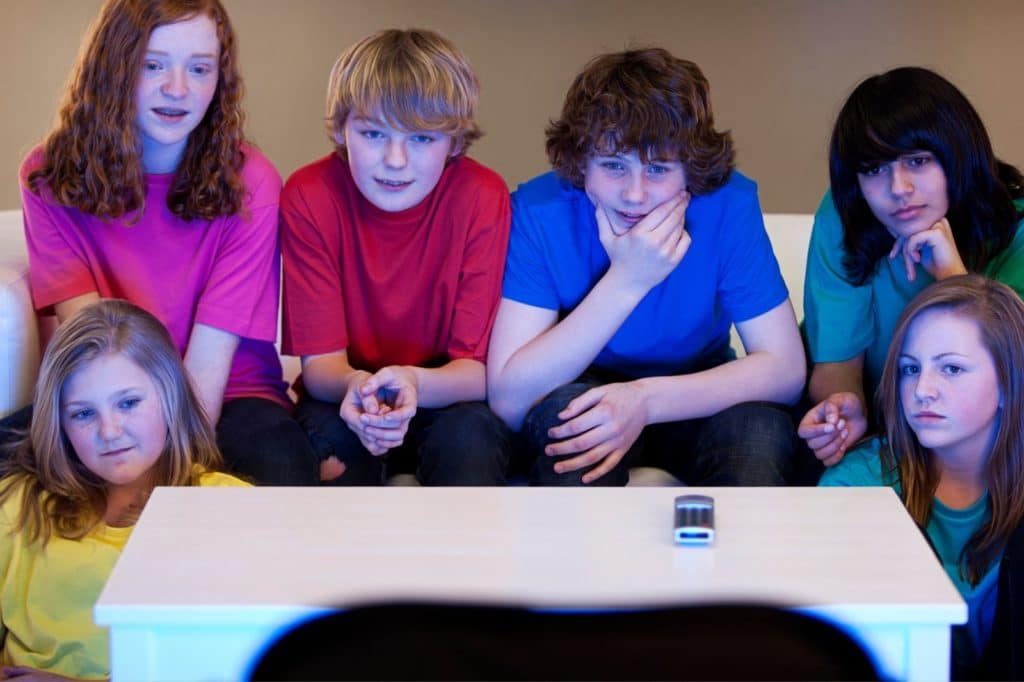If you are parenting an adolescent or teenager, you’ve heard of the Netflix Original Series 13 Reasons Why. Chances are, your children have too. The television series, based on a novel by the same name, is a fictional story of a teenage girl’s suicide and other sensitive issues associated with it. The show has quite unceremoniously placed the issue of teen suicide in the front and center in our community conversations.
However, many of us parents are discovering the difficulty of having conversations about teen suicide and its representation in 13 Reasons Why in our own homes with our own children. The mere introduction of something so tragic has left parents wondering what to do. Do you let your kid watch the series? Will it cause your child to romanticize suicide? The answer might come easier with some guidance.
Our friends at The Jed Foundation have put together a list of tips to help parents talk to their children about the television series and provides key talking points even the most experienced parents may not think of or could overlook. We’ve picked out a few to share with you below. For a PDF of the complete list, click here.
- Suicide is not a common response to life’s challenges or adversity. The vast majority of people who experience bullying, the death of a friend, or any other adversity described in 13 Reasons Why (13RW) do not die by suicide. In fact, most reach out, talk to others, and seek help or find other productive ways of coping. They go on to lead healthy, normal lives.
- Suicide is never a heroic or romantic act. Hannah’s suicide (although fictional) is a cautionary tale, not meant to appear heroic and should be viewed as a tragedy. Hannah is seeking love and attention. But she will get nothing as a result of her choice to end her life.
- It is important to know that, in spite of the portrayal of a serious treatment failure in 13RW, there are many treatment options for life challenges, distress and mental illness. Treatment works and it is okay to ask for help
- Talking openly and honestly about emotional distress and suicide is the right thing to do. If you are concerned about someone and their behavior, ask them about it. It shows you care about them as a person.
The Bigger Picture
The team at One in Five Minds understands how difficult it can be to discussing teen suicide. It is a situation that no parent or loved one of a child ever want to experience. Keeping the lines of communication open between you and your child is important. If your child needs help, we know treatment works. Best of all when kids receive treatment when they are still kids, they have a greater opportunity to live happy, healthy, resilient lives.
In case of a medical emergency, please call 911. For a child’s mental health emergency (ages 3 to 17), call Clarity Child Guidance Center at 210-582-6412. Our crisis service department accepts walk-ins 24/7. You can find directions to our campus here. Please do not hesitate to reach out to us. We are here to help!










